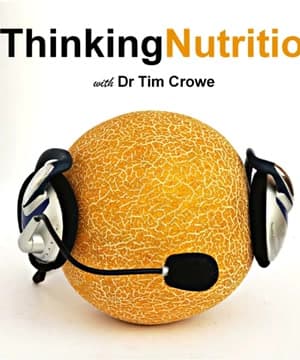How to stop eating sugar
Sources:
Quitting sugar is often challenging, but several experts suggest effective strategies to help break free from sugar addiction.
Mindset and Behavioral Changes
- Mindset Shift: Dr. David Jockers emphasizes the importance of recognizing your self-worth and linking negative experiences to sugar cravings. By mentally associating sugar with pain or negative outcomes, you can reinforce healthier choices 1.
- Outer Accountability: Gretchen Rubin suggests tailoring your approach based on your personality. For instance, obligers might find success with external accountability, while rebels can focus on the freedom from marketing manipulation 2.
Practical Steps and Gradual Reduction
- Cold Turkey Approach: Both Sarah Wilson and Rangan Chatterjee advocate for going cold turkey, noting that significant improvements can be noticed within two weeks. Sarah Wilson points out that fructose is metabolized like a toxin, leading to inflammation and worsening health issues for those with autoimmune conditions 3 4.
- Gradual Reduction: For those who find cold turkey too difficult, JJ Virgin recommends making gradual swaps—from high-impact to medium-impact sugars—and spreading out meal times to transition from being a sugar burner to a fat burner 5.
- Hack Your Habits: Jessie Inchauspé suggests using practical hacks to stabilize blood sugar levels without having to completely cut out sugar initially, which can help reduce cravings over time 6.
Specific Tips
- Label Awareness: Tim Crowe advises closely reading food labels to monitor sugar intake, aiming to follow WHO guidelines of no more than 12 teaspoons of free sugars per day, with a preference for whole and minimally processed foods 5.
- Experimenting and Support: Gary Taubes recommends starting with a short-term commitment, such as a week or two, and potentially involving family support to go sugar-free together 7.
Employing these insights can significantly help in curbing sugar consumption and leading to a healthier lifestyle.
RELATED QUESTIONS

